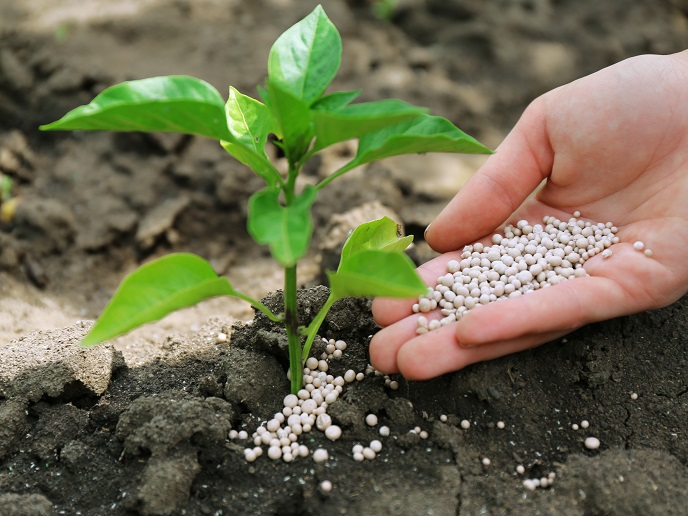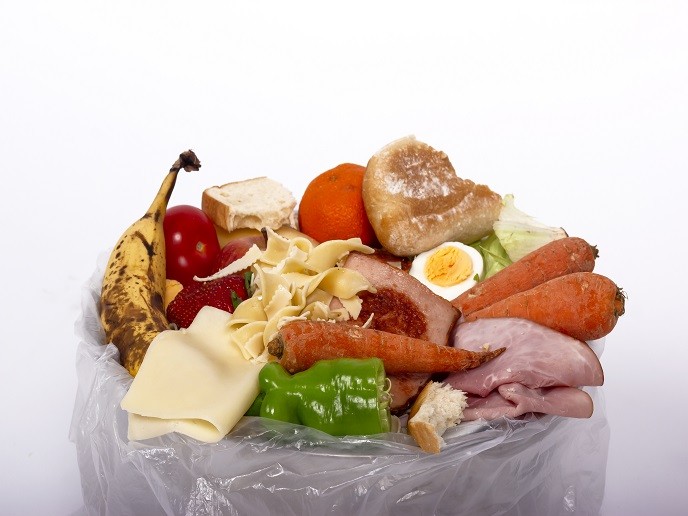Absorbing phosphate fertilisers from agriculture wastewater
Although chemical fertilisers are an essential part of modern agriculture, they are far from perfect. “Not only are conventional fertilisers highly inefficient, many leak phosphorus into the soil, which has a negative impact on the environment and on human health,” says Jorge Rodríguez Navarro, a professor at the University of Granada. With the support of the EU-funded PSust-MOF (Metal-Organic Frameworks as multifunctional materials toward P-sustainability) project, Rodríguez Navarro, along with his colleague and researcher Francisco Carmona, led an effort to create a circular phosphorous economy. “The key aim of the project was to develop an innovative adsorbent capable of detoxifying agriculture wastewater by recovering – and reusing – phosphate fertilisers,” explains Carmona.
Sustainable metal-organic frameworks
To accomplish this goal, the project, which received support from the Marie Skłodowska-Curie Actions programme, focused on an emerging class of porous materials called zirconium-based metal-organic frameworks, or Zr-MOF, which have a high affinity for phosphate groups. But researchers didn’t want to simply create Zr-MOF, they wanted to do so sustainably. “The exceptional properties of metal-organic frameworks make them promising materials for a myriad of applications,” remarks Rodríguez Navarro. “Unfortunately, they are typically prepared using toxic solvents and in harsh conditions.” Instead, researchers demonstrated the feasibility of synthesising Zr-MOFs through a microwave-assisted approach. The innovative process uses water as a solvent and can easily and finely modulate the particle size of the resulting materials. “By making their industrial production easier, less expensive and more sustainable, this process will facilitate the real-world use of these materials,” adds Carmona.
Ability to absorb phosphate ions
Beyond developing a sustainable process for making Zr-MOF materials, the project also proved these materials’ ability to efficiently absorb phosphate ions at relevant concentrations. Once the phosphate ions are captured, they can then be reused in the making of new phosphate-absorbent fertilisers. “We have shown that Zr-MOFs can not only reversibly adsorb phosphate ions, but are able to simultaneously degrade toxic organophosphorous pesticide into innocuous compounds,” says Rodríguez Navarro. “This capability opens the door to being able to detoxify the wastewater derived from agricultural activities.”
Addressing the scarcity and inefficiency challenges
Phosphorous scarcity and fertiliser inefficiency are two pivotal roadblocks to achieving a sustainably productive agricultural sector. The PSust-MOF project has helped overcome both. “By recovering phosphorus from agricultural wastewater and then reusing that phosphorus in the creation of new, effective fertilisers, our work demonstrates the potential of metal-organic frameworks to simultaneously address both the scarcity and the inefficiency challenges by creating a phosphate circular economy,” notes Carmona. “This project successfully raised awareness about phosphorous sustainability and showed how research is the key to finding strategies and solutions to overcome these important challenges,” adds Rodríguez Navarro. Researchers are currently working to advance the processability of metal-organic materials using composites or mixed membrane matrices – an advancement that would allow them to be produced at scale.
Keywords
PSust-MOF, fertilisers, phosphorus, soil, agriculture wastewater, zirconium-based metal-organic frameworks, phosphate fertilisers, agriculture, circular economy, Zr-MOF







